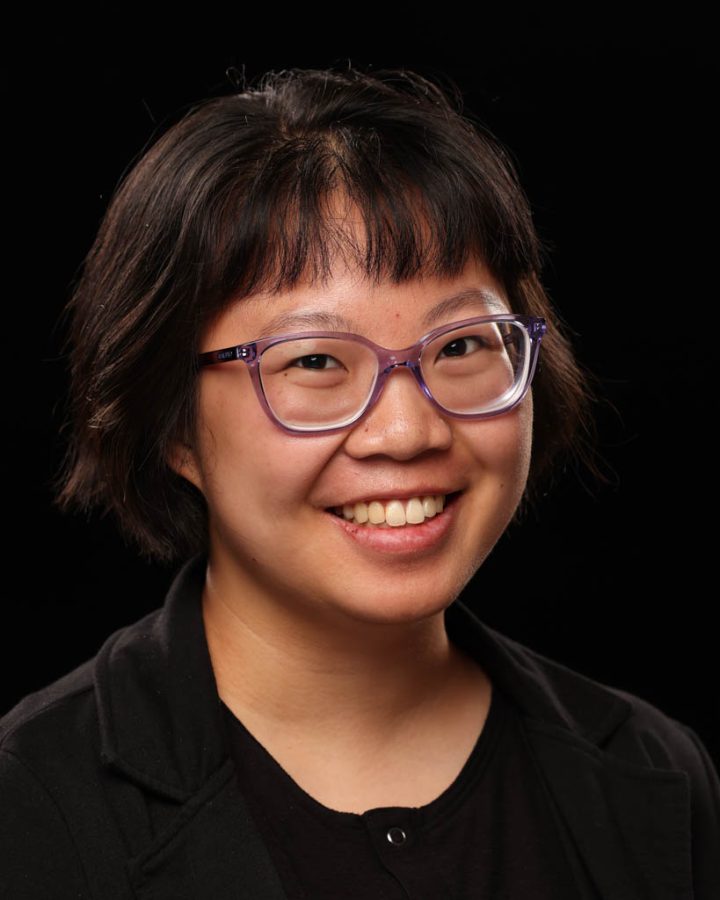Before I was Olivia Jeanne Thomas, my name was Hai Rong Liu. In 1999, I was found at Bus Station 19, taken to an orphanage and made eligible for adoption. In 2000, I was adopted by American parents who brought me to Indianapolis, Indiana. I became a Lost Daughter of China.
The estimated number of Chinese babies adopted overseas is 150,000. An estimated total of 78,257 children were adopted out of China between 1999 and 2016. Between 2009 and 2016, China was the No. 1 country for international adoptions with girls being the majority of adoptees. These girls have come to be known as Lost Daughters of China.
My parents never hid the fact that I was adopted from me. For as long as I can remember, I have known I was one of many girls victim to China’s one-child policy, a policy with a goal of modernizing the country by sharply reducing births. The one-child policy ended in 2016, but it had already become infamous for the resulting abuses and violations of what we Americans think of as basic human rights.
In the years following the end of China’s one-child policy, the Western perception has been that Chinese girls were discarded indifferently—or even carelessly—in favor of boys. Boys brought with them the possibility of continuing the family name and the assurance that parents would be taken care of in their old age.
But that perception has slowly begun to break down as books, documentaries and personal testimonies come to light, giving some new insight on what it was like for Chinese families to give up their children.
In the 1990s, Kay Ann Johnson, who had adopted a Chinese daughter, and her research associates journeyed to China to interview thousands of families about adoption.
The results of her research were published in 2016 in her book China’s Hidden Children: Abandonment, Adoption, and the Human Cost of the One-Child Policy, and they paint a heartbreaking picture.
Johnson details the stories of families faced with exorbitant fines, the demolition of their homes and threats of imprisonment for having “out of plan” children. Women faced forced abortions or sterilizations for having illegal children. But not all families gave up their children quietly and submissively.
Women helped pregnant friends circumvent annual pregnancy tests, families left their daughters with other families living nearby in hopes of keeping their daughter safe but close, and compassionate officials warned pregnant mothers to hide or may have even helped arrange for the child to be secretly registered to another family for safety.
What Johnson’s research and countless other stories demonstrate is China’s struggle to have and keep their girls in the face of a punishing government and the agonizing decision many families made to give up their daughters, a direct contradiction to the idea that China blithely threw their girls away.
I often wonder about my own birth mother and the struggle she must have had before giving me up. She had me with her for as long as it took me to be born and perhaps even a little longer, depending on how old I was when I was found at the bus station.
Did she fight to keep me before giving me up? What conversations did she have with my birth father? Did she try to hide me or place me with other family or friends before giving me up? Do I have other siblings somewhere? Does she still think about me? Would she ever want me to come home?
These are questions I may never receive answers to, sitting at my desk all the way over on the other side of the world from my birth mother.
I will always be Olivia, and I will always be Hai Rong. I will always be American, and I will always be Chinese. I will always be grateful for my adoption, and I will always be a Lost Daughter of China. And my heart will always be with my Lost Sisters, who share the same deep love I have for the people who brought us to where we are in our lives today as well as for the mothers and fathers who were forced to give us up.
I will always be a daughter of two cultures, a Chinese girl raised in America, experiencing all the joys and sorrows that come with being American and with being adopted. The person I was before I was adopted will never disappear.
My adoption will always be a part of me and a part of the unique story the Lord has written for me.


























































